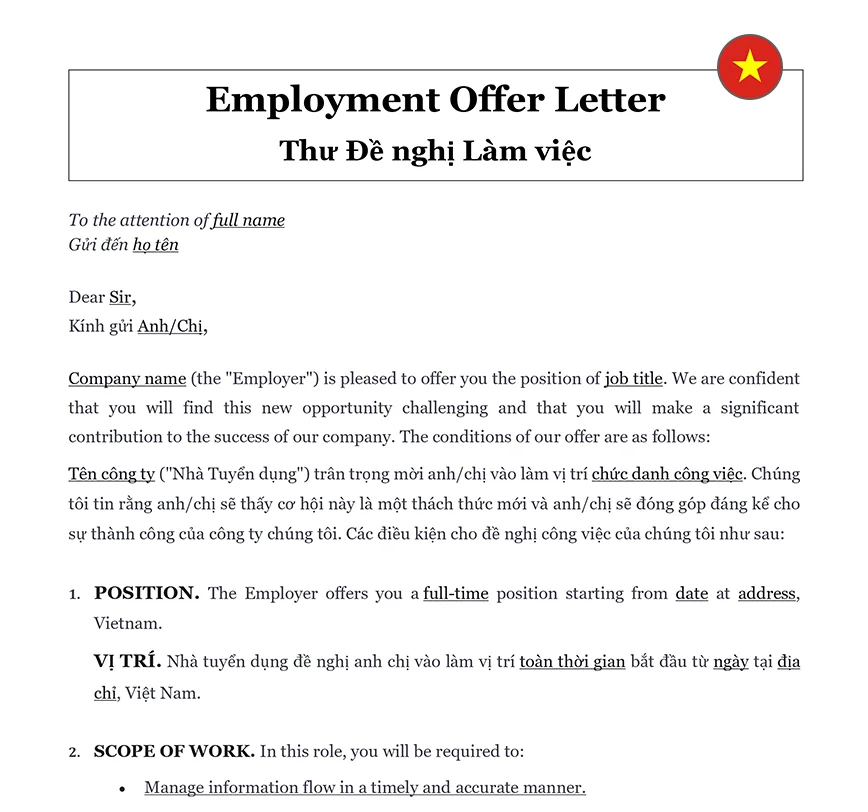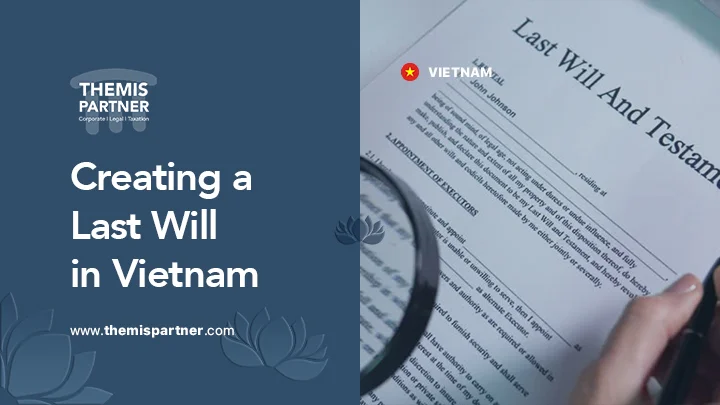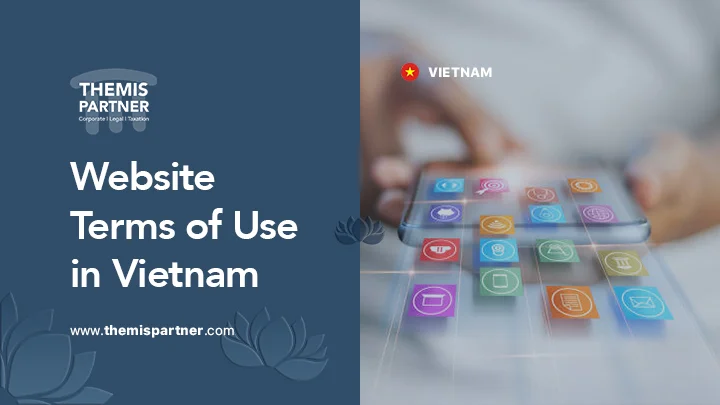Understanding the Job Offer Process in Vietnam
A job offer in Vietnam is more than just a proposal; it’s a formal document that outlines the terms and conditions of employment. The process begins once a candidate has successfully passed the interview stage. Your job offer should clearly articulate the role, responsibilities, and benefits to avoid any confusion. This document serves as the foundation for the employment relationship and ensures that both parties have a mutual understanding of the job’s expectations and terms. A precise and well-articulated job offer can enhance your company’s reputation and facilitate a smoother transition for the new hire. Use our Employment Offer Letter template to formally offer a position to a candidate.
Crafting an Effective Job Offer Letter
The Employment Offer Letter is a fundamental part of making a job offer in Vietnam. It’s a formal document that should include detailed information about the job and employment conditions. Key sections of the offer letter should cover:
Position Details: Clearly state the job title, the department, and who the employee will report to. This helps the candidate understand their role within the company structure.
Salary and Benefits: Provide details on the salary package, including base salary, any performance bonuses, and other financial benefits. Include information about health insurance, allowances, and other perks.
Employment Terms: Specify the type of employment contract (fixed-term or indefinite), working hours, and the duration of any probationary period.
ℹ️ For detailed terms, consider our Employment Contract that formalizes these aspects.
Start Date: Mention the expected start date for the candidate, allowing them adequate time to transition into their new role.
Conditions: Include any conditions that must be met before the employment begins, such as background checks or medical examinations.
This comprehensive approach ensures the candidate has a clear understanding of their employment terms. For more information on drafting a legally sound employment offer letter, refer to the Vietnam Ministry of Labor website.
Essential Elements of a Job Offer
When making a job offer in Vietnam, it’s crucial to include specific elements to ensure clarity and avoid misunderstandings. Key components include:
| ➤ Job Title: Clearly define the position being offered, including the job title and department. |
| ➤ Salary: Specify the agreed-upon salary, payment frequency, and any performance bonuses or incentives. |
| ➤ Benefits: Detail the benefits package, including health insurance, transportation allowances, and other perks. |
| ➤ Work Schedule: Describe the working hours, including start and end times, and any flexibility offered. |
| ➤ Probation Period: Outline the duration and terms of the probation period, including evaluation criteria and expectations. |
| ➤ Contract Duration: State whether the job offer is for a fixed term or an indefinite period, and any renewal terms. |











